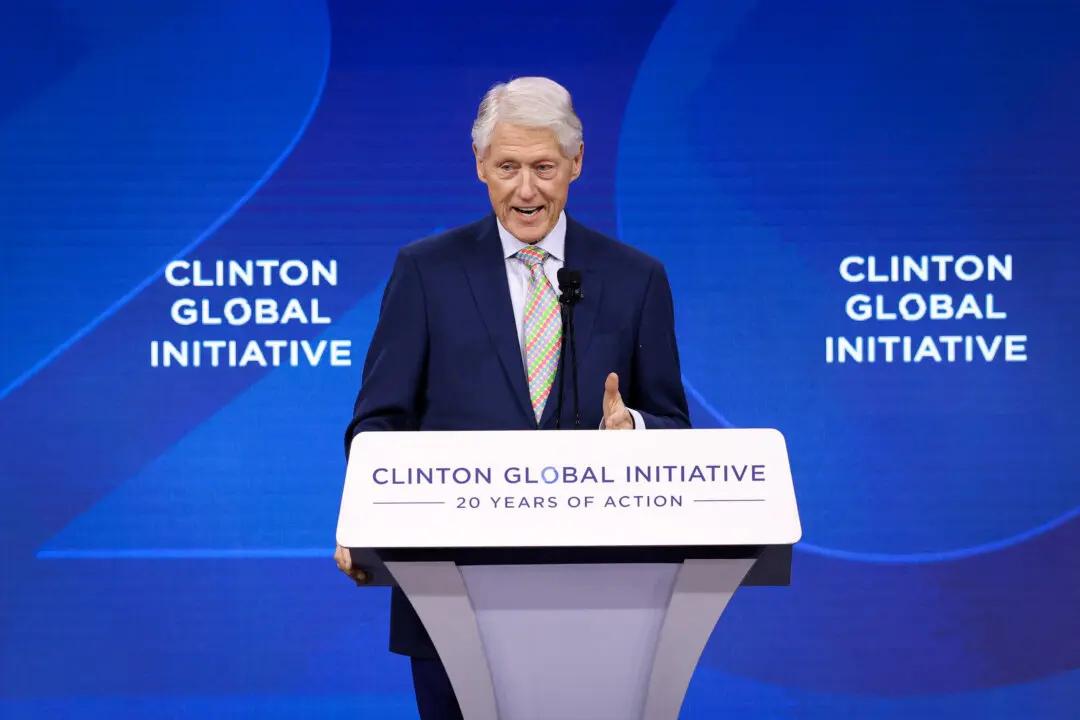Pfizer examined possible ways its COVID-19 vaccine causes heart inflammation, a newly disclosed document shows.
The company, in a 2022 white paper, acknowledged that its vaccine, BNT162b2, may be causing myocarditis—which is heart inflammation—and a related condition called pericarditis. Pfizer scientists claimed that the inflammation likely wasn’t the result of direct cardiotoxicity but didn’t rule out several other possible mechanisms, including that it stemmed from immune activity.






